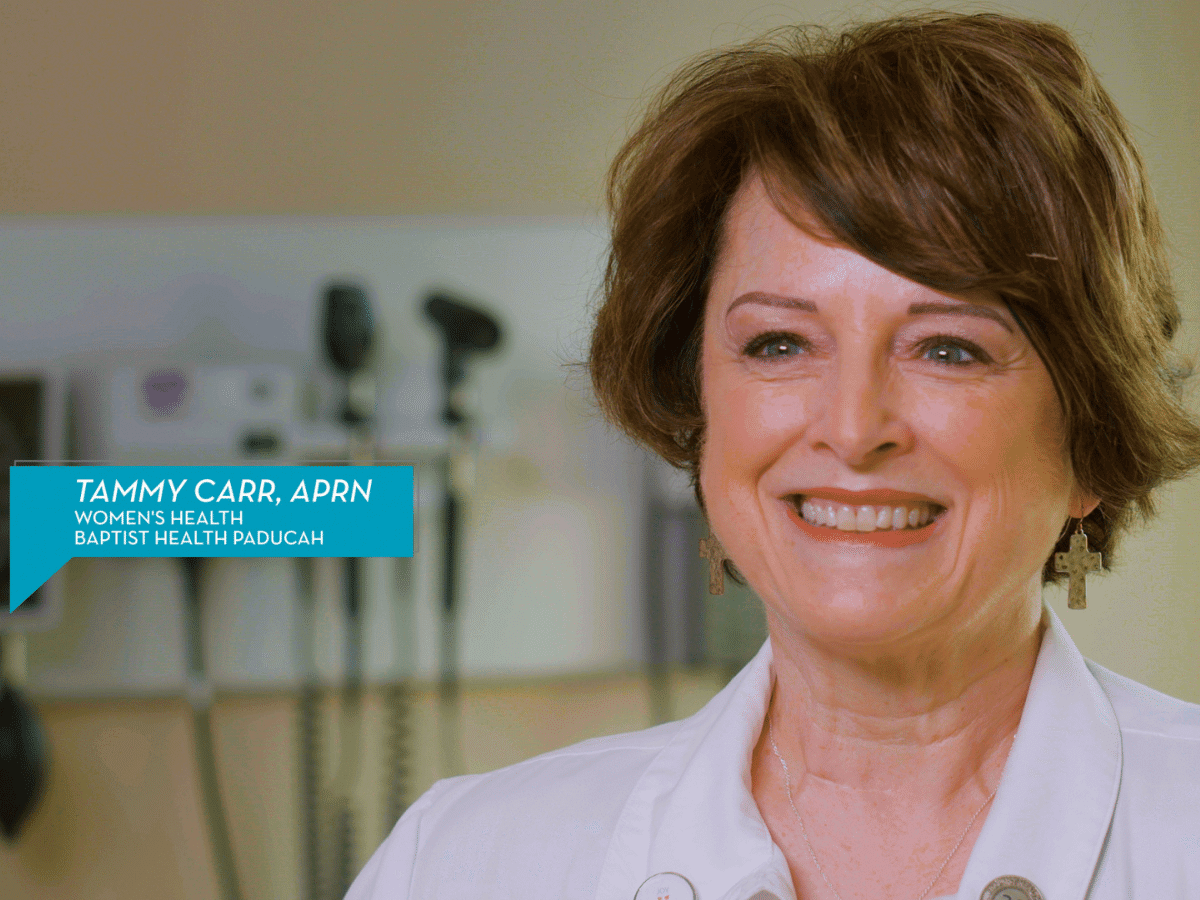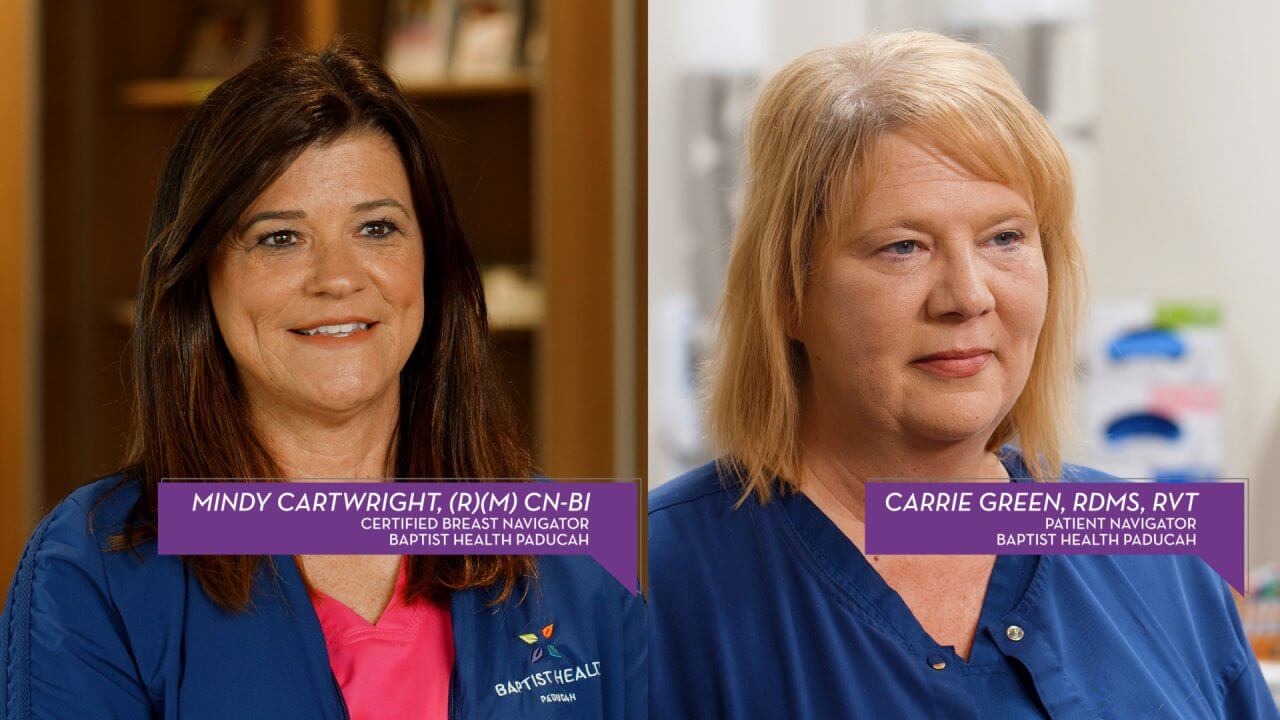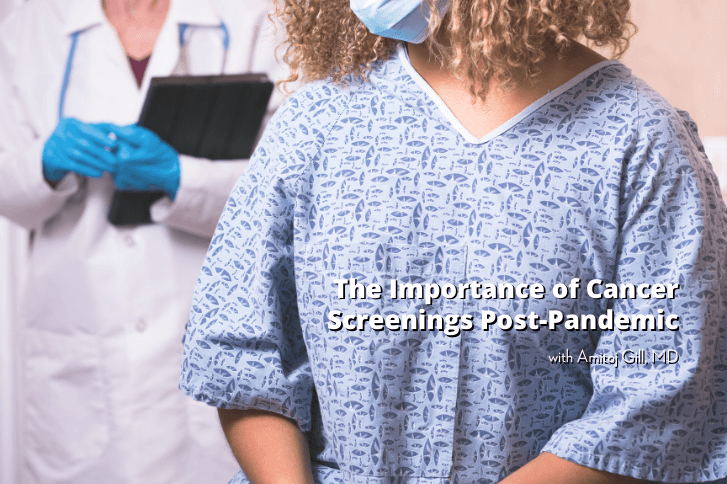Genetic Testing for Breast Cancer Prevention
Baptist Health Floyd: Genetic Testing for Breast Cancer Prevention
Oncologist Roseline Okeke, MD, describes genetic testing for women with a family history of breast cancer and the steps patients can take to reduce their risk.
Genetic Testing for Breast Cancer Prevention HealthTalks Transcript
Roseline Okeke, MD
For many years, we focused on treating women with breast cancer. Now, the dynamics have shifted to breast cancer prevention. We do know that a lot of people end up with cancer because they have mutations. Based on the information that we collect, we make a decision about whether they will benefit from genetic testing. We assess patients based on their family history and also their personal history. So, basically, there are blood tests that we send out to a genetics lab that is specialized to conduct these studies. We will have patients return to the office for a follow-up to review the results, whether it’s positive or negative. If it’s breast cancer then we have to discuss whether we can do preventive surgery to reduce the risk of breast cancer. This is effective. It can reduce the risk of cancer by up to 90 percent. That will not be appropriate for all patients. People make decisions based on what they are most comfortable with.
When a patient does not want to have preventive surgery, then we look at aggressive screening. For breast cancer, it would be breast MRIs and mammograms once a year. Then, we educate them on how to perform their breast self-exam every month, and we see them every six months to do a clinical breast exam. The fact that they are now more aware of what to expect and what their risk is, and they actually have made lifestyle changes to impact the outcome, to me that’s huge. That’s a big success.
Over the course of a lifetime, one in eight women will be diagnosed with breast cancer. Are you at risk? Take this breast cancer risk assessment to estimate your 5-year and lifetime risk.



